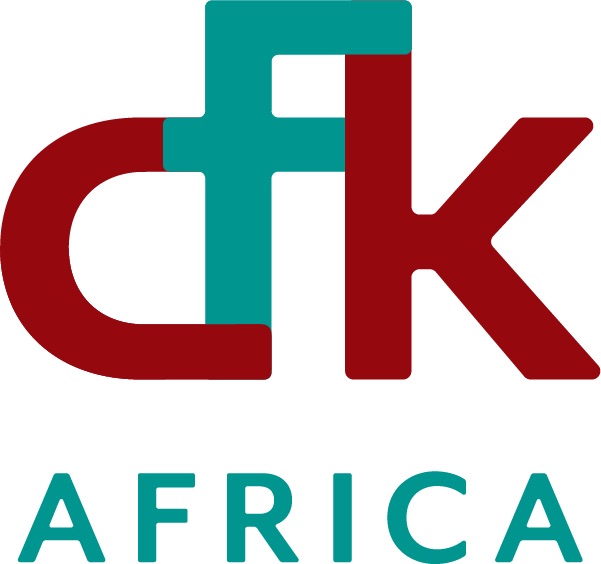Founded in 2001, NGO aims to serve two million more people through its continued growth
NAIROBI, KENYA – CFK Africa, an international nonprofit with offices in Nairobi and the U.S., marked its 20th anniversary this month with plans to expand its public health, education and livelihoods initiatives to informal settlements in seven additional counties in Kenya: Kiambu, Kajiado, Nakuru, Machakos, Kisumu, Kilifi and Mombasa. Previously named Carolina for Kibera, the organization announced its new name last week, CFK Africa, as a signal of its continued growth.
“Starting in 2001, CFK quickly began to learn from very small engagements in the community, the combination of which shaped us into an effective organization, especially with hand-washing programs and vaccination clinics during the pandemic,” said Hillary Omala, Nairobi-based executive director of CFK Africa. “Over the years, we have learned critical lessons about what is effective, and we are excited to share that knowledge and expand our services beginning this year.”
Co-founded in 2001 by a Kenyan nurse based in Kibera, a local community organizer, and a University of North Carolina student, the organization has worked with residents of Kibera, one of the world’s largest and most densely populated informal settlements, to develop responsible, sustainable solutions to health and economic challenges, education and employment-related issues, and instances of gender inequality. Working with the Kenyan Ministry of Health, it recently began distributing coronavirus vaccines through its Tabitha Medical Clinic in Kibera.
Over the past two decades, CFK has seen more than half a million patient visits, worked with more than 25,000 adolescent girls and young women in mentorship and advocacy initiatives, and distributed more than 3,000 scholarships. In addition to its ongoing work in the informal settlement of Kibera in Nairobi County, it has already conducted studies in seven additional counties in Kenya as it expands its work to serve approximately two million more people, implementing its programs based on the most significant needs identified in each county.
After starting with a loan of just $26 to help a local nurse start her own clinic, CFK has grown from managing a one-room health center and a youth sports program to operating interconnected, evidence-based programming in public health, education, and economic development. The organization also partnered with the Centers for Disease Control and Prevention (CDC) to establish its largest overseas population-based infectious disease surveillance platform and collaborated with the Kenyan Ministry of Health to distribute Moderna, Pfizer and AstraZeneca Covid vaccines beginning last month to Kibera residents who qualify.
Annually, CFK serves more than 35,000 Kibera residents with primary health services ranging from maternity care, vaccines, and malnutrition treatment to mental health counseling, cervical cancer screening, and sexual and reproductive health education. The organization also offers a range of youth empowerment initiatives, increasing educational and economic opportunities for young people and preparing them to make healthy, informed decisions.
This past year, CFK retooled its water, sanitation, and hygiene (WASH) efforts to help fight the coronavirus pandemic and was named the CDC’s lead implementing partner for WASH in Kenya.
“Over the last 20 years, we have learned what works in our programs to create a positive effect in the community and influence policy at the national and global level,” added Omala. “As we celebrate our 20th anniversary, we look forward to executing our long-view vision for the next 20 years and continuing to expand our services across Kenya.”
***
About CFK Africa
Founded in 2001, CFK Africa improves public health and economic prosperity in informal settlements in Kenya through integrated primary health services, economic development initiatives, and its new Covid-19 vaccine distribution efforts. Using a participatory development approach, CFK works directly with local residents to develop and implement sustainable programs. For more information, visit www.cfkafrica.org.
